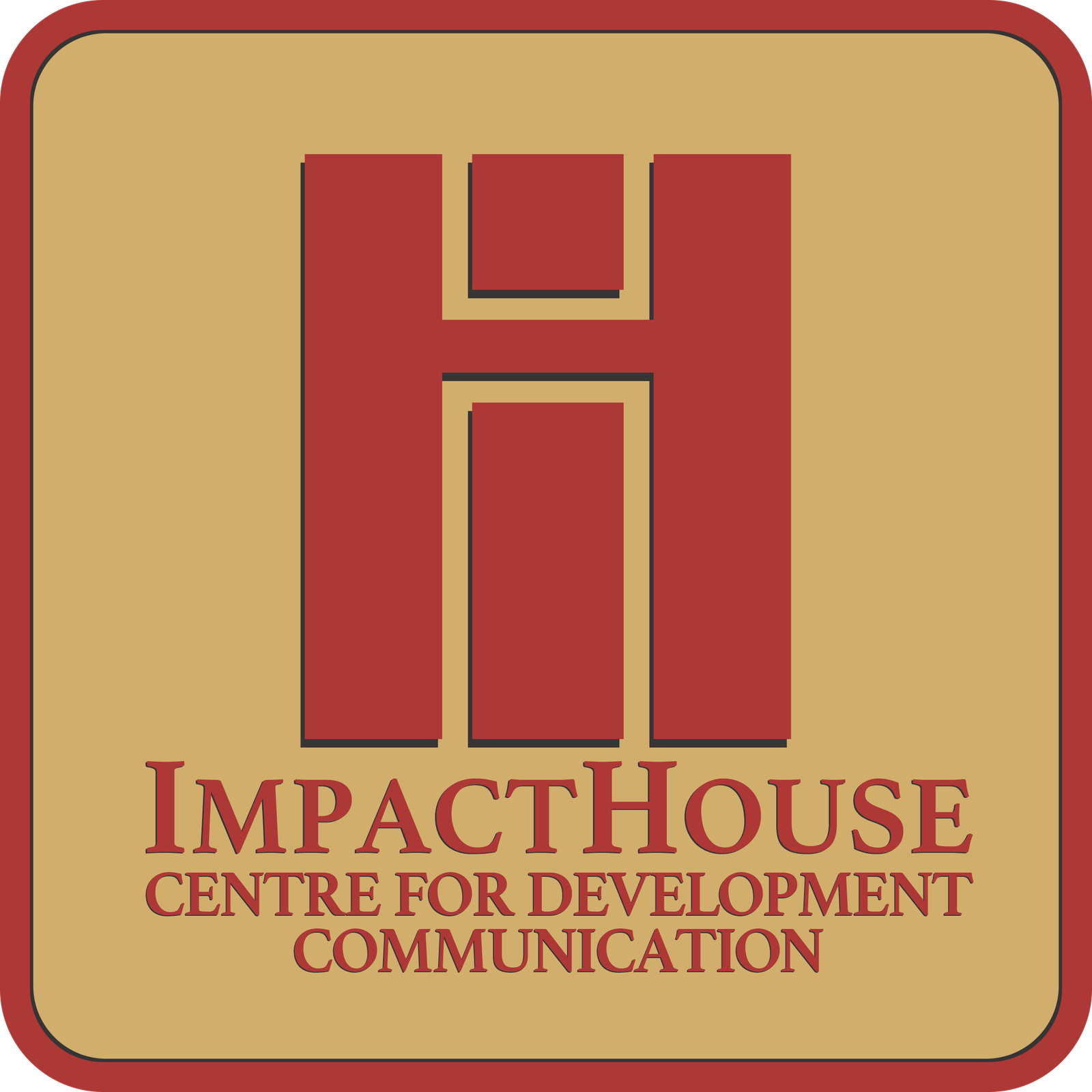The newly elected Governor of Kano State, northwest Nigeria, Abba Yusuf, has vowed to revive the Kwankwasiyya free education scheme when he assumes office in May 2023.
Development Diaries reports that Kano is one of the states with a growing number of out-of-school children in Africa’s most populous country.
In fact, in its 2018 basic education report, the Universal Basic Education Commission (UBEC) noted that Kano State had the most out-of-school children in Nigeria, with 989,234 not in school at the time.
SDG Four: Ensure inclusive and equitable quality education and promote lifelong learning opportunities for all
In a statement released by his spokesperson, Sanusi Dawakin-Tofa, the governor-elect emphasised the urgent need to address the fundamental responsibilities of government such as the provision of potable water, basic education, and quality health care.
‘The outgoing administration claimed to have committed huge sums of taxpayers’ money to provide basic water, yet households in Kano are still struggling to access safe drinking water in the 21st century’, the statement read.
‘The incoming government is committed to fixing this and will uphold the Kwankwasiyya philosophy with a wider scope of free education at primary and secondary levels involving the provision of school uniforms, learning materials, meals, conducive environments, paying SSCE fees for students, training, and motivation for teachers to impart good quality education’.
The governor-elect also plans to revive the Kwankwasiyya scholarship scheme for tertiary education and terminal degrees in special areas such as medicine, science, and engineering abroad.
Furthermore, he promised to prioritise free maternal and child health care programmes and upgrade local health facilities across the 44 local government areas of the state.
Despite the promises made by Nigerian politicians during electioneering campaigns that they will give education the deserved priority, many successive leaders across the country have only paid little attention to the sector.
Beyond requesting 12 years of free, quality and safe education, the government needs to address issues that impact girls’ access to education.
‘There are girls living with disabilities, there are girls in rural communities, there are girls in conflict-affected communities, there are girls who are from poor families. So what we are saying is that even in accessing 12 years of education, there should be special consideration for this set of people who are sort of victims of intersectional issues’, said the Executive Director of Invictus Africa, Bukky Shonibare.
Shonibare’s organisation, Invictus Africa, is part of a coalition of international and local organisations in Nigeria that developed the 2022 Reimagining Education in Nigeria manifesto.
Other members of the coalition include the Education Champions Network (ECN) in Nigeria, Save the Children, Plan International, Civil Society Action Coalition on Education For All (CSACEFA) and Malala Fund.
The manifesto includes three major asks: make senior secondary education free; fund more, fund better; and make schools safe.
Development Diaries, therefore, calls on the incoming state houses of assembly to pass a new Universal Basic Education (UBE) bill that defines UBE in the state as compulsory, free, and for 12 years.
Photo source: Daily Trust

